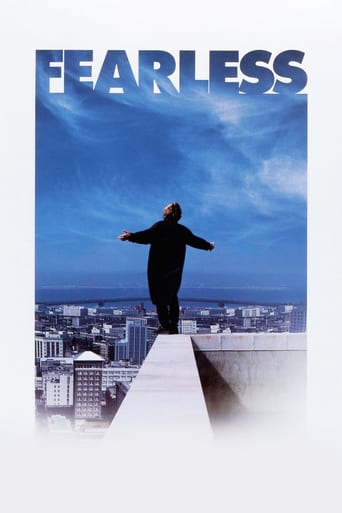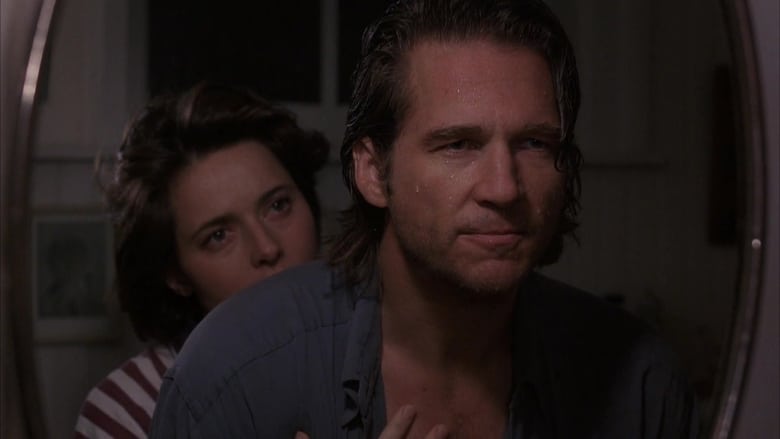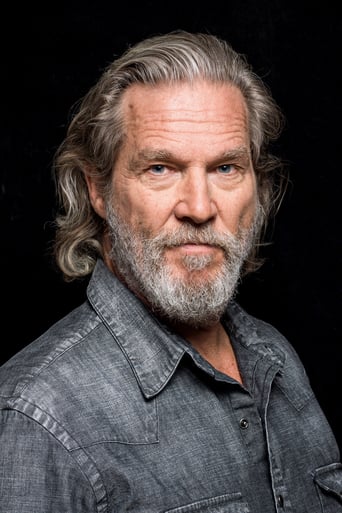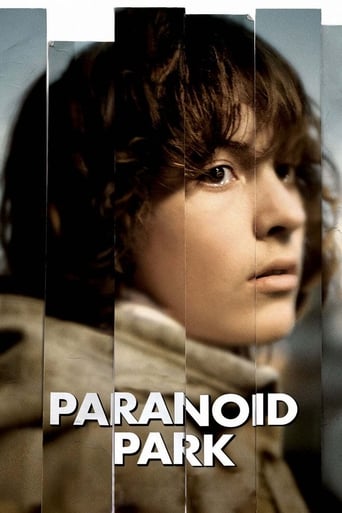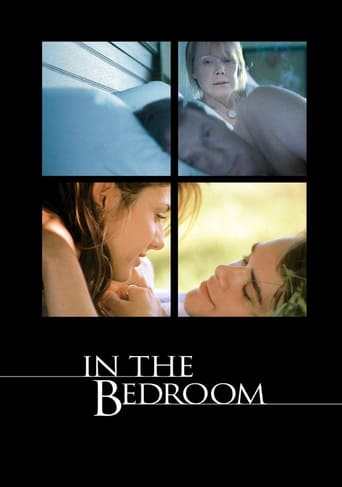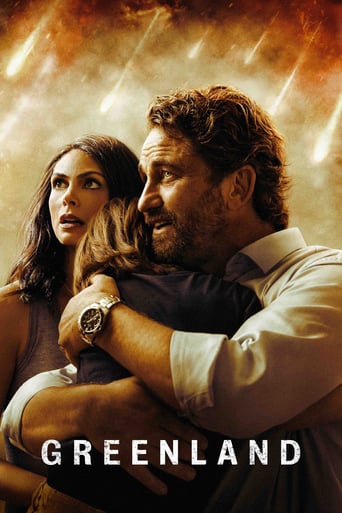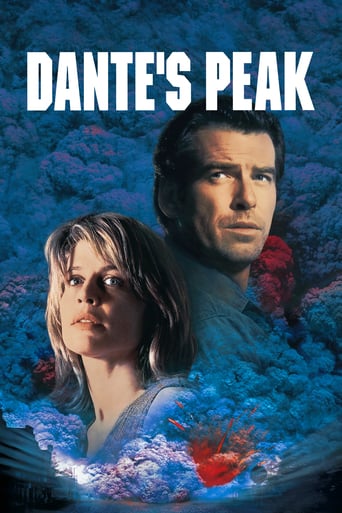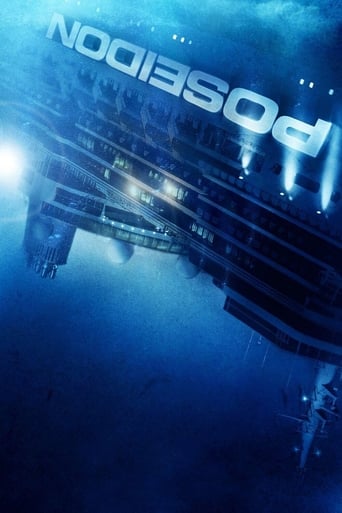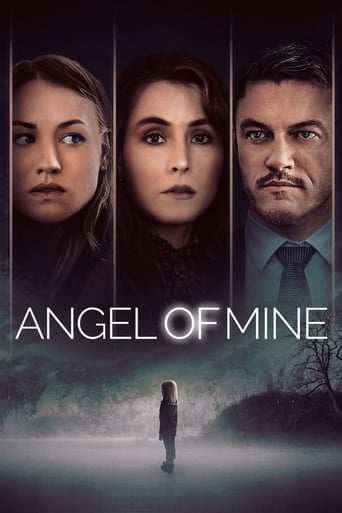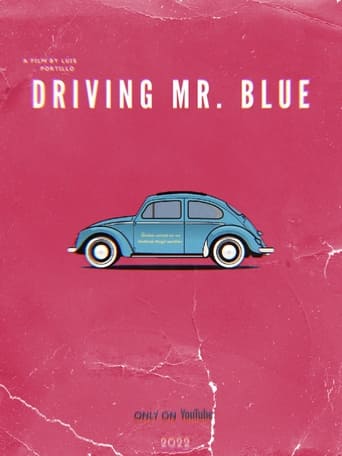Fearless (1993)
After a terrible air disaster, survivor Max Klein emerges a changed person. Unable to connect to his former life or to wife Laura, he feels godlike and invulnerable. When psychologist Bill Perlman is unable to help Max, he has Max meet another survivor, Carla Rodrigo, who is wracked with grief and guilt since her baby died in the crash which she and Max survived.
Watch Trailer
Cast


Similar titles
Reviews
"You're safe because we died already." A brave feature for a Hollywood studio to take on, this atypical avant-garde film attempts to deal with the existentialist philosophy surrounding life and death, after the protagonist experiences a near-death event. The epiphany and adrenaline rush that Max Klein (Jeff Bridges) undergoes in his brush with death radically alters his personality and behaviour. When the hydraulics fail on the plane on which he is aboard, setting it plunging towards the ground, amongst the panic and screaming of his fellow passengers Max has the revelation that he is no longer afraid. The accompanying 'buzz' that his seeming invincibility produces has such an impact upon him that after surviving the crash, he proceeds to risk his life in search of an equivalent level of euphoria in cheating death. Thus, he confronts his own life-threatening allergy to strawberries, blithely walks across lanes of oncoming traffic, and in one riveting scene, stands perilously on the ledge of a skyscraper in the buffeting wind. In addition, he is increasingly drawn to those who have shared this life-changing experience, and steadily more distant from his wife and child. Bridges delivers a laconic and effortless performance, at first glance, more worthy of an Oscar nomination than his earlier less convincing incarnation of Carpenter's 'Starman'. Yet, his performance suffers from the fact that his character's smugness and introspective self-absorption is ultimately unappealing. Just as this protagonist has a growing sense of detachment from those around him, so can we the audience become more alienated from his narcissistic and zen-like attitude. Bridges' efforts are further undermined by having to deliver lines of new-age psycho-babble which grate with the profound issues under analysis. As such, Max offers empty pieces of advice such as 'If life and death make no sense, there's no reason to do anything', and to his gaming aficionado son: 'When you die, you don't get another life.' By contrast, Rosie Perez provides a performance worthy of earning her an Academy Award statuette, and one which should have garnered her more future Hollywood opportunities than has been the case. Her portrayal of a mother wracked by depression and guilt for not having done more to save her baby is simply heart-rending. How can one forget the slow-motion scene in which she desperately attempts to breathe in the scent of another's new-born for that which she herself has lost. As preparation for bringing such weighty and profound content to the 'big screen', director Peter Weir interviewed survivors from a real crash which occurred just outside Sioux City, Iowa in 1989. Consequently, Weir decided to change the nature of the film's most moving and frightening scene by dropping all exterior shots, and purely concentrating on the passengers' viewpoint, thereby heightening its intensity for the film's audience. After a few years of career hiatus, Weir approached the studio heads and asked to be given an artistic challenge in bringing to fruition a proposal for what he termed a 'broken script'. His skills are evident from the majesty of the opening scene in which Bridge emerges from a hazy, smoky cornfield holding what the audience believe to be his baby in his arms and his little boy by the hand, before the shot pans out to reveal the wreckage and carnage of a terrible air-crash. Probably the inspiration for JJ Abrams' opening of 'Lost'. The director, who himself considered this feature his greatest work, greatly benefits from working alongside cinematographer, Allen Daviau, frequent collaborator in Spielberg's early successes. If only Rafael Yglesias' screenplay, based on his own novel, had been as impressive. Nevertheless, Weir has provided one of the most touching pieces of cinematic history which should endure as testament to his art, with his treatment of the crash scene playing out to Gorecki's Third Symphony.
Like many people, I started watching "Fearless" without great anxiety or grand expectations. I had heard it was a good movie and that Jeff Bridges' performance was somewhat memorable in contrast to his other work.What I got however, was a beautiful film about the understanding of our own inner fears, whether they are justified or not, and by extension, our established concepts of life and death.Although I'm not giving away direct spoilers, some of the analysis might prove to show minor aspects of the narrative.We start off moments after the tragic plane crash and we are soon shown that Max, our lead character, is not reacting to his near death experience the way we would normally expect. He seems calm and not very interested in giving interviews or even getting medical attention.As the narrative progresses, we notice how other survivors deal with their horrific experience and it becomes clearer that, when people endure through such an overwhelming experience, their own psychological reactions are not really alike. That is, people's own personal experiences and fears shape how their minds are going to process such an unusual and traumatic incident. This notion is very well constructed throughout the film due to some fantastic acting, specially on Rosie Perez's part, and great writing. Indeed, the supporting cast is very well written and the characters around Max are three dimensional and pose interesting ideas all trough the film.Even still, what makes this film great and unforgettable is the constant existential debate of what it truly means to be living, backed by, in my opinion, Jeff Bridges's greatest performance yet. After surviving the plane crash, Max loses the sense of fear as he comes to the conclusion that life and death are, ultimately, out of our control. With that said, is there necessity for rational fear or any instinct of preservation?The ending serves as an interpretation of the answer to this question. It only helps that the final crash scene is one of the most memorable and emotional scenes I have ever seen. We are shown how terrifying and destructive the sight of a disaster can be. The final scene works almost as a film in its own right by showing how people try to cope with the fact that death is imminent, and at the same time beautifully showing Max's transition into the mind state he was in through the entire film up until the end.It is hard to understand how such a film is not more broadly known and praised. Perhaps a more thorough study of the marketing process or the box office context could serve as an answer, but not an excuse. Jeff Bridges is sensational and delivers a dominant performance. He truly is one of the most underrated actors of his generation. After seeing this film, I doubt many would disagree with me. In the end, Peter Weir's "Fearless" stands on its own as one of the great movies from the 90's, even if not many people are aware of it.
This film is an interesting character study of a man dealing with fear and death.I watched it because I'm a big fan of Jeff Bridges work as "The Dude" in The Big Lebowski but I was a bit letdown. Here's why:The movie did not deliver enough entertainment value. Thought provoking it was but entertaining- questionable.Also, the way the movie handled its core issues and themes seemed a little heavy handed to me. The old chestnut about script writing that the dialogue should never be totally "on the nose" was not adhered to, in this case to the film's detriment. I found some of the dialogue to be too direct and not leaving enough room for subtext and for the viewer to feel that there is something bubbling beneath the surface. Its always better for the writer to sketch the character's struggles as metaphors and incidental to the story rather than try to force themes to lead the story and drive its dialogue. Additionally, the Director's use of camera shots was a little slow. The style of, "Look at me, here is another important closeup on some random object for longer than we would like," coupled with the writing served to make the movie a bit melodramatic. Aside from Jeff Bridges who does a solid job in a decent role, Benicio Del Toro was very interesting in his minor role as was John Torturro.You will see a lot of rave reviews for Fearless largely because it has a small cult following who were emotionally impacted by it. As a regular viewer with no special connection to the film, I advise you to take these reviews with a grain of salt. They are biased. This is not a flawless film. It is merely an interesting one with a couple good actors. Definitely Not a must see. I also wasn't crazy about Rosie Perez. Her acting was one note, loud and amateurish rather than nuanced and intelligent.
After watching FEARLESS I clearly made up my mind about actor Jeff Bridges; he is utterly brilliant. This film is carried by his performance as a man who survives a plane crash and his the following life he lives in which his complete sense of existence is changed. The film finds mystery and tragedy and goes searching in religious places for answers that we draw out of the main character. Director Peter Weir lingers on Bridges and his inner self, and the many tender scenes that he goes through are very carefully achieved, never slipping into sentiment or boring clichés. Throughout you really don't know whether Bridges is crazy, spiritual, dead or alive - he's yearning in something that everybody around him really don't see to understand. FEARLESS is a great film with many low-key scenes that tells a story thoroughly and thoughtfully, but it always escalates into joyous wonder, and that's where director Weir and Bridges truly captured me as a viewer. It's like that dark corridor towards the light in the magnificent ending scene.

